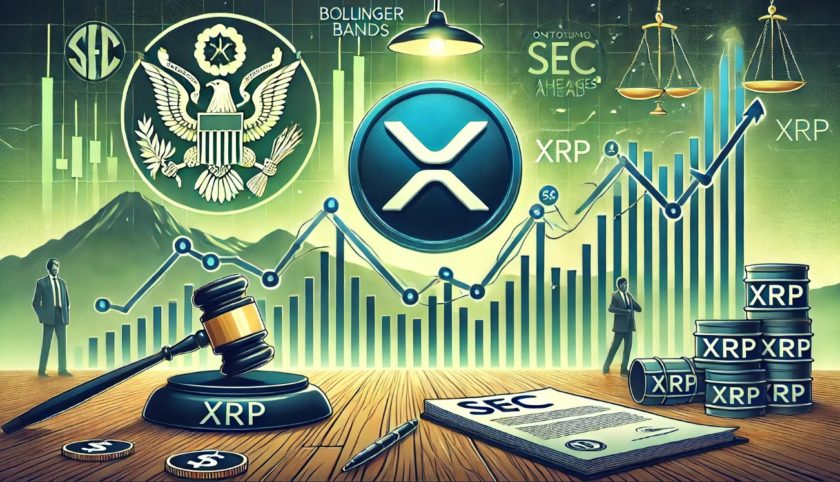As the coronavirus pandemic persists, the OPEC trimmed outlook on oil demand in 2020, and the first six months in 2021.
The Organization of the Petroleum Exporting Countries (OPEC) has revised its 2020 and 2021 outlook for oil demand. According to the organization, the pandemic’s negative effect on the Asian region’s oil demand may extend to June next year.
According to a monthly report released on Monday, OPEC trimmed its outlook for global oil demands to a daily average of 90.2 million barrels in 2020. The new outlook is 400,000 barrels per day (bpd) less than the previous month’s estimate. Also, it reveals a 9.5 million year-on-year bpd decrease.
OPEC Trims 2021 Outlook
OPEC published the report due to energy market participants’ worry over a decrease in fuel demand.
Also on Monday, oil producers in the Middle East amended oil demand in OECD countries. Per the revision, the Middle East-dominated group said that oil demand in these countries had increased by 10,000 bpd. As the group noted, this is due to a less-than-imagined decline in the Q2.
Nevertheless, the non-OECD regions’ oil demand was revised down by 500,000 (bpd) due to lower performance in Asia. Forecasting that Asia’s decline will last through the first six months of 2021, the report revealed:
“Additionally, risks remain elevated and skewed to the downside, particularly in relation to the development of Covid-19 infection cases and potential vaccines.”
In addition, the report said:
“Furthermore, the speed of recovery in economic activities and oil demand growth potential in other Asian countries, including India, remain uncertain.”
The organization hopes that the 2021 global oil demand will grow by 6.6 million bpd to average 96.9 million bpd. This revision shows a 400,000 bpd reduction from the previous estimate. Since the year began, oil prices have dropped by about 40%.
OPEC Declined Amid the Coronavirus Pandemic
Referring to the pandemic, OPEC’s Secretary-General Mohammad Barkindo said the coronavirus “is one of the greatest global challenges of modern times.” He commented further:
“Beyond the terrible human suffering it has caused, it has triggered one of the worst global economic recessions and oil market downturns in OPEC’s history”.
According to a CNBC report, OPEC+, also known as non-OPEC producers, are reducing output by 7.7 million bpd until December.
A senior analyst at PVM Oil Associates, Tamas Varga, commented on the pandemic’s negative effect in a Monday-published research note. He added that the economic decline has led to “dismissal oil demand growth.”
In a report by the Russian Ministry of Energy, Minister Alexander Novak said that when oil demand returns to its pre-pandemic normalcy, Russia must regain its market share.
In addition, OPEC and OPEC+ plan to meet on the 17th of September to discuss the oil production policy.
Apart from the recent discussion on the 2021 outlook, OPEC is also looking to integrate blockchain technology. In a virtual meeting scheduled for the 21st of September, the organization hopes to strengthen its supply chain.
Tolu is a cryptocurrency and blockchain enthusiast based in Lagos. He likes to demystify crypto stories to the bare basics so that anyone anywhere can understand without too much background knowledge.
When he’s not neck-deep in crypto stories, Tolu enjoys music, loves to sing and is an avid movie lover.




